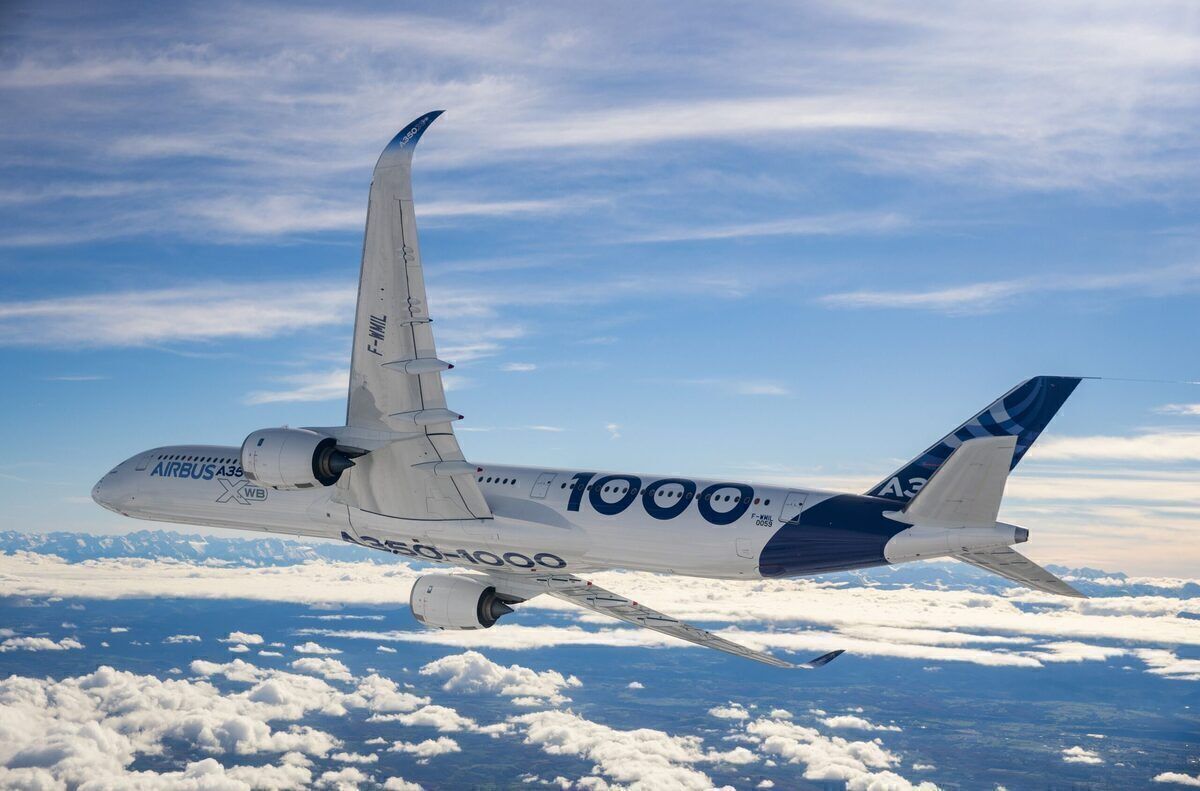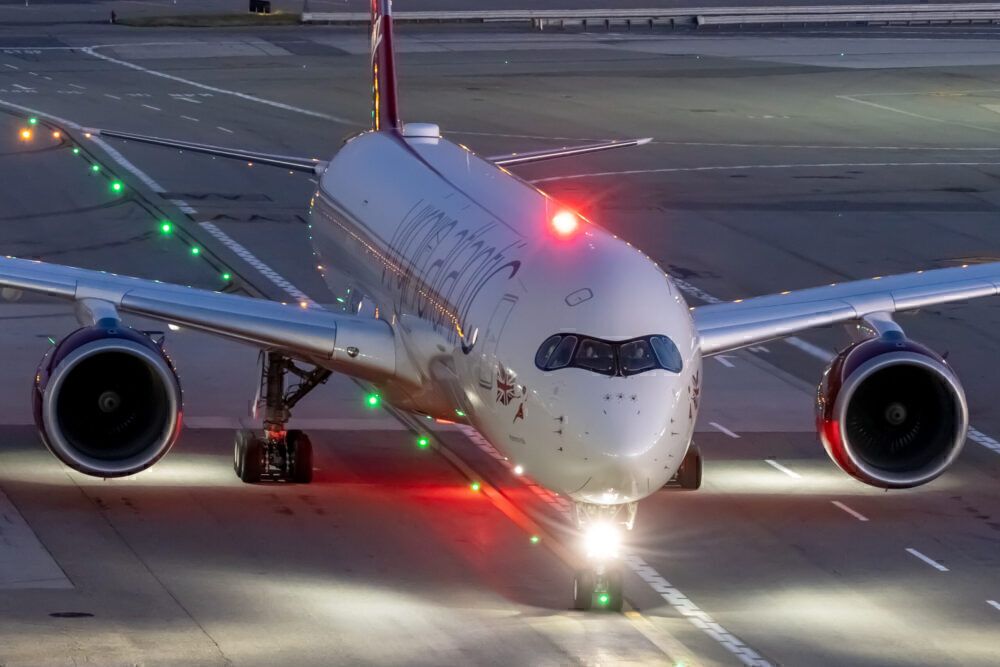Buoyed by a solid first-quarter result, Airbus CEO Guillaume Faury has added some color to the potential of a future A350F. In comments made at the earnings call, as well as in a later interview, he noted that, while no decision has yet been made, Airbus is acutely aware that an opportunity exists.
Unhealthy monopoly
Historically, Boeing has been the dominant force in cargo market supply. It lists more than 760 freighter variants of its aircraft ordered by customers in its history, with 732 delivered to customers to date. That excludes the many convertible ‘combi’ aircraft it produced, and the passenger to freight conversions it has undertaken.
In contrast, Airbus has only ever offered the A330-200F and previously the A300 as a new build cargo carrier. The A330F has sold only 38, and has a current backlog of zero. But with rumors of an A350-based freighter on the horizon, could that be about to change?
During the manufacturer’s first-quarter earnings call today, CEO Guillaume Faury noted that Airbus is not happy with the dominance of its competitor in this field. He said,
“We have the products to be more aggressive with that in the future … When it (our offering) comes is not clear. We are looking at that segment very seriously. We think it's not healthy to have one player on the market. We want to bring our contribution to that market situation.”
In any industry, one supplier having a monopoly position is never a good situation. Although Boeing has historically dominated the cargo airliner business, an A350F could well be the catalyst for something of a shakeup.
Stay informed: Sign up for our daily and weekly aviation news digests.
We will be more aggressive
Airbus’ widebody products are tried and tested, proven to be both economical and capable in the passenger market. A transition to cargo would serve to bring all these operational benefits to a new segment of the market. Speaking with Bloomberg TV after the earnings call, Faury added some color to the strength of the potential offering.
“On the widebodies, we are not a major player today in the freight market. Our main competitor is almost exclusive in that segment, and it's an important segment moving forward, so we are looking at that segment very carefully.
“We don't like the idea that we are not active in that segment, and that's probably an area where we will be more aggressive and where we will invest, moving forward.”
[iframe src="https://www.bloomberg.com/multimedia/api/embed/iframe?id=dce56642-a879-47bd-b398-03665681d811" allowscriptaccess="always" frameborder="0"></iframe]
Faury noted that Airbus has two strong platforms in its current widebody lineup. Both the A330neo and the A350XWB are ripe for a freighter variant. Given the current climate of a buoyant cargo market, it could be an opportune moment for an announcement to be made.
Until the decision is made, there is no decision
Although Faury spoke positively about the potential for an A350F, he made it clear that nothing is set in stone at this time. During the Bloomberg interview, he commented,
“Until the decision is made, there is no decision, so I have no time frame to share with you … We’re really looking at the market potential, and the strength of the product and we believe, as I said, our widebody platforms are very strong products for freight.”
Nevertheless, he noted that the demand is there. Faury said that the feedback from Airbus customers is that the widebodies, and particularly the A350, would be strong contenders in the freight segment, and that they would like to see Airbus competing in that market.
While the CEO remains on the fence regarding whether the project will go ahead, it seems to have all the elements of a successful development. Boeing has dominated freight for many decades, and an offering from Airbus would disrupt that monopoly, which can only be a good thing for airlines.



